
An Italian beats an immigrant to death. What is the secret of passers-by's indifference? Where is the "Good Samaritan"?

- Europe and Arabs
- Tuesday , 2 August 2022 23:30 PM GMT
In front of the eyes and cameras of passers-by, an Italian citizen beat a Nigerian immigrant to death, without anyone interfering to save the immigrant, who has special needs, until he died in front of everyone. This attack - which was described as "brutal" - took place last Friday in a main shopping street in the town of "Civitanova Marche", which is located on the Adriatic coast, and lasted more than 4 minutes. According to what was reported by Italian and foreign newspapers and websites, and what was published on the communication sites, accompanied by the video documenting the incident, which was republished thousands of times; Nigerian immigrant Lika Ogorchoko, 39, was killed after he was beaten to death by an Italian citizen with a crutch, while eyewitnesses watched the incident without anyone interfering. “It is shameful,” Patrick Gobadia, deputy secretary of an association representing Nigerians in Italy, described the incident. “Let us condemn the same truth and the behavior of the people who stood by and watched a disabled person being killed with his crutch and were satisfied with filming,” instead of intervening. Commenting on the incident, Enrico Letta, former prime minister and head of the Left Democratic Party, wrote on Twitter on Saturday, "There is no justification for indifference." Regardless of the reasons and circumstances of the attack, which a statement by the Italian police described as “perhaps trivial”; Question marks and denunciations are raised. How can one explain the indifference behavior of passers-by who witnessed the accident without anyone taking a finger to help this man and save him from death? Genovese syndrome In March 1964, Kitty Genovese was stabbed to death outside her apartment in New York's "Que Gardens" neighborhood, and the crime report in the New York Times conveyed a sense of indifference from neighbors who did not provide assistance, and 38 people are said to have seen the incident or heard the attack and were not called the police This incident and others later sparked research that became known as the "bystander effect" or "the Genovese syndrome", which is a psychosocial phenomenon that refers to a person's refraining from providing any assistance to the victim if there are others present, as the probability of assistance is inversely related to the number of onlookers, the more The number of spectators decreased the percentage of someone to provide assistance. Photography help Another explanation is offered by Linus Andersen, a lecturer in media and communication studies at Halmstad University in Sweden: "Photography seems to be a very immediate way of dealing with an event; it gives you a sense of doing something, and instead of being passive you kind of become an active witness." Imaging also gives people an alternative when they feel unable or unwilling to step in and offer a helping hand. This explanation is reinforced by research conducted by Marco van Bommel, assistant professor of organizational psychology at the Open University in the Netherlands in 2013 on how the presence of cameras affects onlookers, according to a previous report by Al Jazeera Net. Baumel and his colleagues devised two situations: one in which a person stole money from another person in the presence of passers-by, and the other in which a person stole money from another person in the presence of passers-by and security cameras, and the result of the research showed that people were more helpful when the cameras were present. Baumel says that no direct research has been done on why people decide to document incidents and crimes rather than intervene, but there are two good theories. One is that people feel that photography is primarily important for the purposes of eyewitnesses, ie to help the police track down the criminal. Another important component is that people who are experiencing stress, trauma, etc. may need to mitigate this by sharing their feelings and experiences with their friends through the video they have taken. Where is the "Good Samaritan"? It is strange that Italy - along with the United States and several other European countries - applies a law called the "Good Samaritan", and its task is to secure protection for the person who volunteers to provide assistance, if his relief results in the injury of another person or even involuntary killing, in order to reduce the reluctance of those present to provide assistance. Fear of penalties. In France, anyone who does not provide assistance to a person at risk is liable before the civil and criminal courts, and the penalty for this crime is imprisonment and a fine, and may amount to the payment of financial compensation to the victims, as is the case in Germany. Source: websites


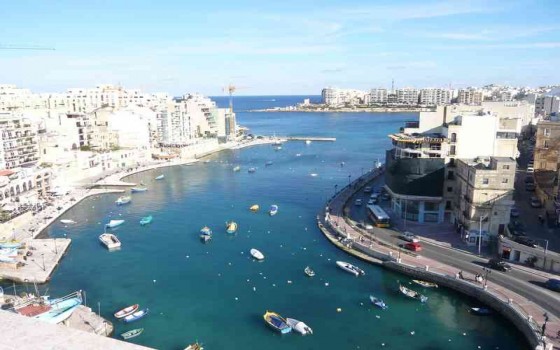



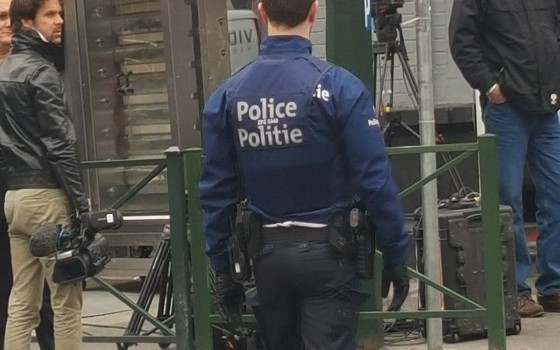
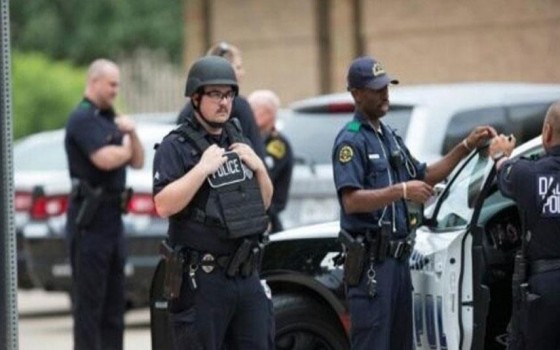
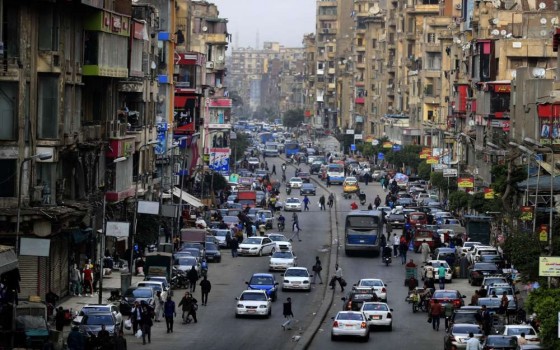
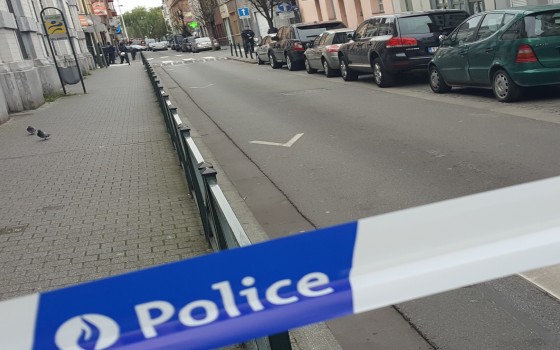


No Comments Found